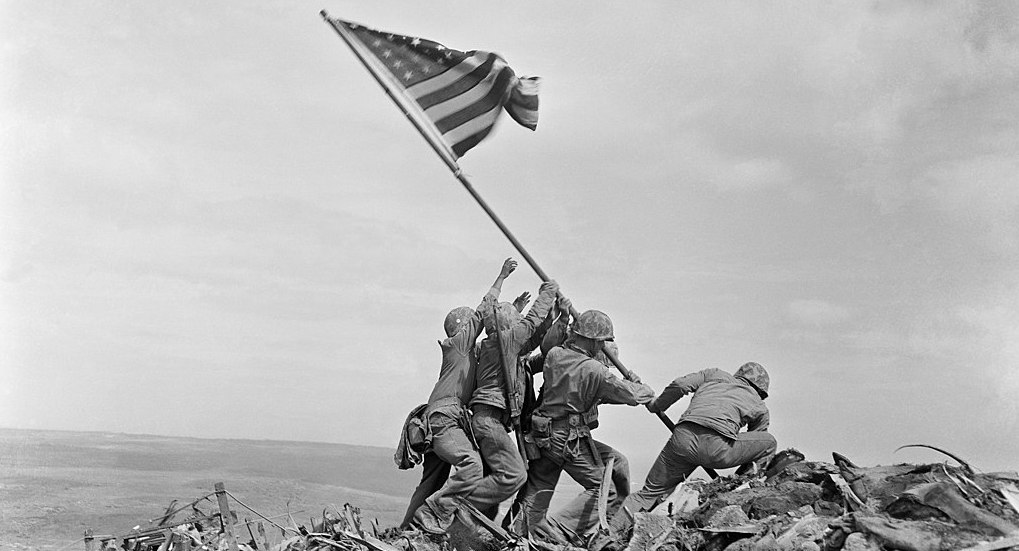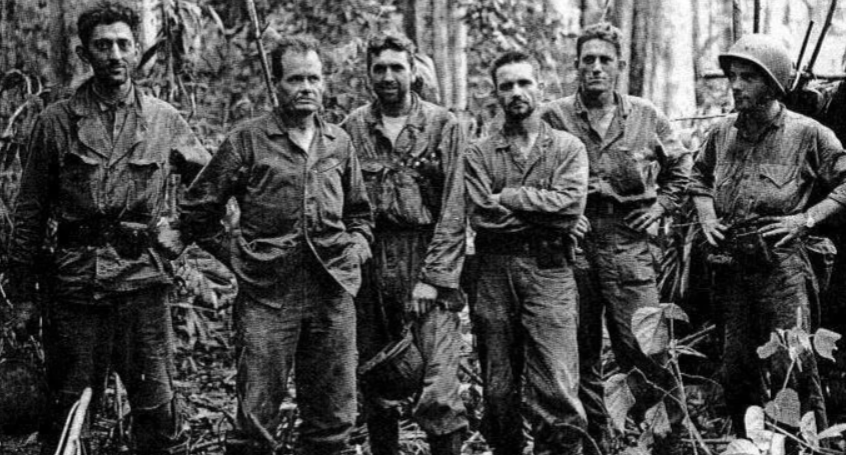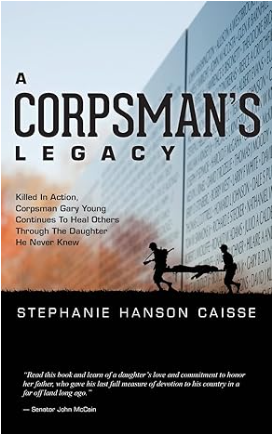A Candid Look at the Traits That Matter
Joining the United States Marine Corps is a big deal. It’s not just a job, it’s a commitment that asks for everything you’ve got. But this path isn’t for everyone. Some people might find it especially tough. In this post, we’ll look at what might make someone struggle in the Marine Corps. Whether you’re thinking about enlisting or just curious, stick around. We’ll talk about why this demanding path might not be the best fit for everyone.
Lack of Mental Resilience
Every day, Marines encounter challenges, whether in combat, training, or regular duties. Mental toughness is crucial. If you tend to buckle under pressure, have trouble adapting, or lack resilience, the Marine Corps might not be the right place for you. Picture yourself in a high-pressure situation during a live-fire exercise. Can you stay focused and make quick decisions while the noise of gunfire and the chaos around you test your composure?
Gunnery Sergeant John Basilone, a Medal of Honor recipient during World War II, exemplified mental resilience. He fought in the Pacific theater, enduring brutal conditions, relentless Japanese attacks, and the Battle of Guadalcanal. Despite the chaos, he remained steadfast, leading his men with unwavering resolve. Marines like Basilone thrive because they adapt, overcome, and inspire others.
Physical Fitness Shortfalls
Being a Marine means being physically fit. The Physical Fitness Test (PFT) includes pull-ups, crunches, and a three-mile run. Aim high: strive for 20 pull-ups, 100 sit-ups, and an 18-minute run. Remember, you’re joining the Marines, mediocrity won’t cut it. Can you consistently meet and exceed the fitness standards, even when fatigued, while your “boots” pound the pavement?
Lieutenant Colonel Lewis “Chesty” Puller, a legendary Marine, embodied physical fitness. Puller served in multiple conflicts, including World War II and the Korean War. His grueling training regimen and tireless dedication to physical conditioning set the standard. Puller’s motto, “All right, they’re on our left, they’re on our right, they’re in front of us, they’re behind us… they can’t get away this time”, reflects the indomitable spirit of a physically fit Marine.
Ethical or Moral Weakness
Marines uphold the highest standards of integrity. If you lack a strong moral compass, struggle with honesty, or compromise your principles, you’ll clash with the Corps’ core values. How would you handle a situation where your integrity is tested, even if it means facing “ninja punches” from your peers?
Major General Smedley Butler, a two-time Medal of Honor recipient, demonstrated unwavering ethics. Butler exposed corruption, advocated for veterans, and spoke out against war profiteering. His commitment to integrity, even when it challenged powerful interests, remains an inspiration. Marines like Butler uphold the Corps’ core values, regardless of external pressures.
Inability to Work in a Team
Marines thrive on teamwork. If you’re a lone wolf, unable to collaborate, or unwilling to put the team first, consider other paths. The Corps relies on cohesion and trust. Describe a time when you successfully worked as part of a team to achieve a common goal, while your “battle buddy” covered your six.
Corporal Ira Hayes, one of the Marines who raised the flag on Iwo Jima, understood teamwork. Despite personal struggles, he stood shoulder-to-shoulder with his fellow Marines during that iconic moment. Hayes knew that individual strength paled in comparison to collective effort. Marines like him thrive because they prioritize the team above all else.
Disregard for Discipline
Discipline is the backbone of the Marine Corps. If you resist authority, ignore orders, or lack self-discipline, you’ll find the journey arduous. How do you handle following rules and regulations, even when they seem challenging, while your “drill instructor” watches your every move?
Sergeant Major Dan Daly, a Marine with two Medals of Honor, epitomized discipline. His famous battle cry, “Come on, you sons of bitches, do you want to live forever?”, echoed through the trenches during World War I. Daly’s unwavering commitment to duty, even under fire, exemplifies the Marine ethos. Discipline is the backbone of the Corps, and Marines like Daly embrace it.
Allergic to Hard Work
Marines work tirelessly, whether cleaning gear, training, or on deployment. If you shy away from hard labor, think twice. The Corps demands dedication. Can you embrace the grind, even when it involves scrubbing “cammie cream” off your face after field exercises?
Private First Class Eugene Sledge, author of “With the Old Breed,” understood hard work. He fought in the Pacific theater during World War II, enduring grueling conditions on Peleliu and Okinawa. Sledge’s vivid accounts of combat and resilience showcase the tenacity required to thrive as a Marine.
Fear of Fear Itself
Fear is part of the Marine experience. Fear of failure, fear of the unknown, fear in combat. If fear paralyzes you, reconsider your path. Reflect on a time when you faced fear head-on and pushed through it, while your “battle cry” echoed across the battlefield.
Sgt. Maj. Bradley Kasal exemplified fearlessness during the Battle of Fallujah in Iraq. Despite being severely wounded, he refused evacuation and continued to fight alongside his comrades, using his body to shield a wounded Marine from enemy fire. His selflessness saved lives, and he received the Navy Cross for his extraordinary valor. Sgt. Maj. Kasal’s story serves as a testament to the Marine Corps ethos
Conclusion
The Marine Corps isn’t for everyone. It’s a path for those who thrive on challenge, push through physical and mental limits, and hold integrity and teamwork in the highest regard. It demands resilience, dedication, and courage. Life in the Marine Corps means constant growth, facing fears, and overcoming them. Whether mastering complex tasks, adapting to changing situations, or leading others through adversity, every day tests your limits. Upholding ethical standards, striving for physical excellence, and working effectively as part of a unit are crucial. The friendships forged through shared hardship and mutual trust create bonds that last a lifetime.
If you possess the mental, moral, and physical strength required, you’ll find a home among the few, the proud, the Marines. The journey is demanding, but the rewards, personal growth, a deep sense of purpose, and the honor of being part of something greater than yourself, are immense. For those who are up to the task, the Marine Corps offers a unique and profoundly fulfilling path.
Post image: Colonel Chesty Puller (second from left) visits men of the 7th Marines in camp at Cape Gloucester. The camp was located on the island of New Britain. New Britain is part of present-day Papua New Guinea, situated in the southwestern Pacific. The Battle of Cape Gloucester was a significant World War II campaign, taking place from December 1943 to April 1944, during which Allied forces, primarily the U.S. Marines, captured the area from Japanese forces.
Semper Fi!

 Our legacy lives through the stories we tell. The Suck Life wants yours! Make Chesty proud!
Our legacy lives through the stories we tell. The Suck Life wants yours! Make Chesty proud!



 Semper Fidelis
Semper Fidelis



